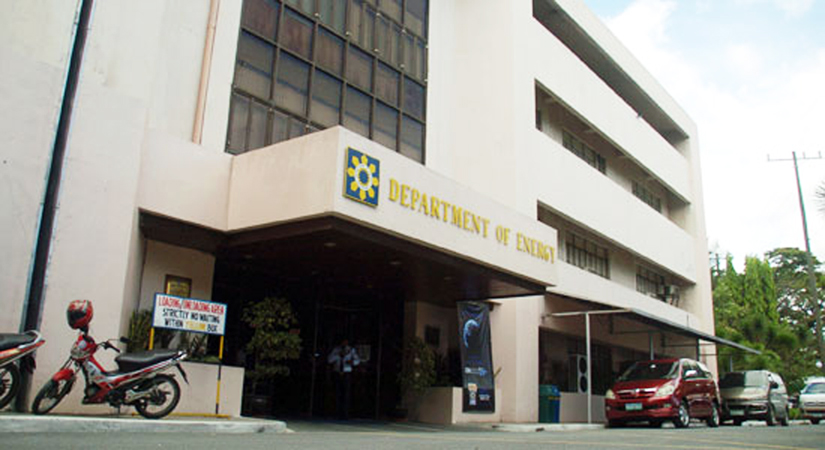
THE Department of Energy (DoE) has signed a memorandum of understanding (MoU) on Wednesday with Tokyo-based firm Hydrogen Technology, Inc. (HTI) to explore the potential of hydrogen as a possible source of power for the country’s energy needs.
In a press release issued on Thursday, DoE Secretary Alfonso G. Cusi said that the MoU will “fast track” the country’s research and development activities for hydrogen power.
The agreement allows the DoE and HTI to team up in “investigating hydrogen production in the Philippines to make the country energy-independent while significantly reducing the country’s carbon dioxide emissions.”
Mr. Cusi was hopeful that HTI would be able to bring its technology into the country as the deal was signed.
“I had been wanting to bring the model here in the Philippines so that we can do the trial usage of the technology in one of the islands,” he said, adding he is hopeful that with the signing of the MoU “the model can be immediately shipped.”
“[W]e are hopeful that the development of hydrogen energy will eventually be realized,” he said.
The agreement with the Japanese firm is the second one signed by the department in line with Mr. Cusi’s vision to include hydrogen in the country’s future energy mix.
In January, the DoE signed an MoU with Australian research and development company Star Scientific Ltd. to study hydrogen as a potential source of power in the country.
During the virtual signing ceremony, Mr. Cusi said that the DoE, “with the creation of the Hydrogen and Fusion Energy Committee,” had committed to explore hydrogen as a viable alternative and “cleaner” source of energy for Filipinos.
According to the DoE, coal made up 44.5% of the country’s power mix in 2015, followed by natural gas at 22.9% and geothermal at 13.4%. Hydrogen is currently not part of the country’s generation mix. — Angelica Y. Yang



